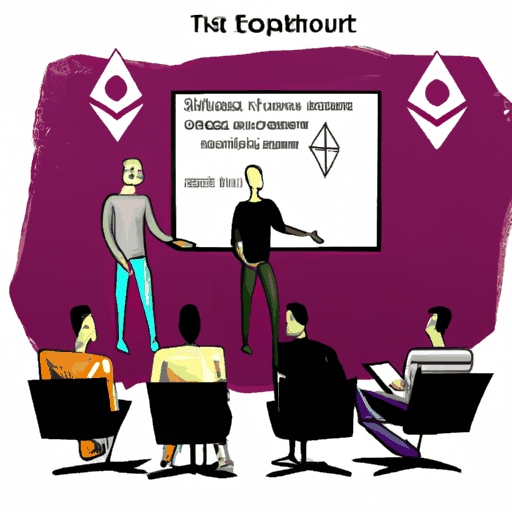
Fidelity Stakes Ethereum in Possible ETF Offering, Market Reactions Mixed
By: Eliza Bennet
Leading investment firm Fidelity Investments has announced an amendment to its pending Ethereum (ETH) exchange-traded fund (ETF) application. The amendment aims to introduce a staking feature that could potentially boost the income of the trading platform, a prevalent feature in Ethereum network following its transition to a Proof of Stake (PoS) model.
The modification comes amidst recent criticism from US politicians who expressed their concern over risks involved for retail investors with crypto-related ETFs. Yet, Fidelity's transition intends to test the income potential of staking within the familiar confines of regulated financial products. The financial giant has outlined that in any staking activity, the Fund may receive certain network rewards of ether tokens, which can serve as additional income for services provided.
However, the reaction to this development has been notably mixed. Some experts suggest that applying staking to its ETF application could be a strategic alignment with the SEC's expectations. Others argue it could disrupt the approval process further. Despite the differing opinions, this decision could set a precedent for future crypto-related ETFs, particularly those incorporating staking or other native blockchain features.
The US regulatory body, SEC, previously proved hesitant towards endorsing crypto-related financial offerings, it's therefore left to speculation whether the recent amendment will tilt their final decision due in May. The resolution of Fidelity's proposed Ethereum ETF is being closely observed by investors, regulatory entities, and the broader digital asset community as it could signify a crucial shift in integrating conventional financial offerings with novel digital asset features.



